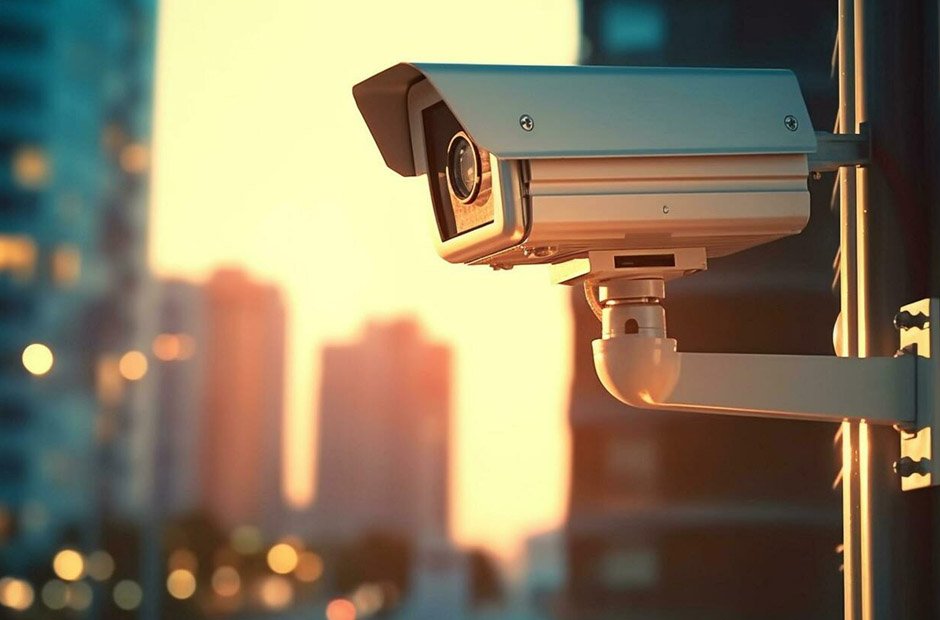Skip to the good bit
ToggleIn an era where surveillance technology is becoming increasingly ubiquitous, it is imperative to ensure that your CCTV camera system meets legal standards.
Understanding the legal framework governing surveillance systems is essential to protecting privacy rights while leveraging the benefits of enhanced security measures.
So, whether you’re a homeowner, a business owner, or simply someone curious about the legalities surrounding CCTV cameras in Singapore, this article will guide you through the intricacies of compliance.
Decoding CCTV Legal Requirements in Singapore
Singapore has stringent regulations in place to govern the use of CCTV cameras. The Personal Data Protection Act (PDPA) is a pivotal piece of legislation that addresses the collection, use, and disclosure of personal data, including data captured by surveillance cameras.
Under the PDPA, individuals have the right to know how their data is being used and the right to withdraw consent for its collection.
Compliance with the PDPA involves ensuring that CCTV systems are used for legitimate purposes, such as security and safety, and that data collected is not misused.
Failure to adhere to these regulations can result in fines and reputational damage.
Moreover, the Security Industry Act regulates the installation and operation of security equipment, including CCTV cameras, to safeguard the interests of both operators and the general public.
CCTV security camera system owners need to understand and abide by these legal requirements to avoid potential legal repercussions.
Why Strict Compliance Is Key to Maximizing CCTV Protection
Strict Compliance for Maximum Protection
Some individuals and businesses adhere strictly to legal requirements to ensure maximum protection for themselves and others.
For instance, Singapore’s leading security solutions providers exemplify the importance of complying with legal frameworks.
Their strict adherence to regulations not only guarantees privacy protection for individuals but also ensures the effectiveness of their security services.
When striving for strict compliance, CCTV users focus on obtaining consent for camera installations, securing data storage, limiting access to footage, and promptly responding to data access requests.
These proactive measures not only foster trust with stakeholders but also enhance overall security measures.
Balancing Privacy Rights and Security Needs
On the other hand, some navigate a fine line between privacy rights and security needs when it comes to CCTV camera systems. Consider the case of a small business owner operating in a high-crime area.
While the business owner prioritises security, they may grapple with the ethical implications of extensive surveillance on employee privacy.
In such instances, striking a balance between legitimate security concerns and individual privacy rights becomes essential.
Implementing measures such as clear signage indicating CCTV camera locations, conducting privacy impact assessments, and providing avenues for individuals to report concerns can help bridge the gap between security imperatives and privacy preservation.
Emerging Technologies and Legal Challenges
The rapid advancement of surveillance technologies poses new challenges to maintaining legal compliance with CCTV systems.
Innovations such as facial recognition software and AI-enhanced analytics offer unprecedented capabilities for security enhancement.
However, these technologies also raise questions regarding data protection, consent requirements, and algorithmic bias.
For instance, while facial recognition technology can strengthen security measures, it also introduces concerns related to biometric data protection and surveillance overreach.
Addressing these challenges requires a nuanced approach integrating legal safeguards with technological innovation to ensure that CCTV systems operate ethically and lawfully.
An Industry Leader Enhancing Security Through Legal Compliance
SECOM, a trusted name in the security industry, prioritises legal compliance to deliver comprehensive security solutions in Singapore.
By aligning their CCTV services with regulatory requirements, the company upholds privacy rights, maintains transparency in data operations, and ensures the integrity of its security systems.
Conclusion
Ensuring that your CCTV camera system meets legal requirements is not just a legal obligation but a fundamental pillar of ethical surveillance practices.
By adhering to regulatory frameworks, balancing privacy considerations with security needs, and embracing technological advancements responsibly, individuals and businesses can navigate the legal landscape with confidence and integrity.







